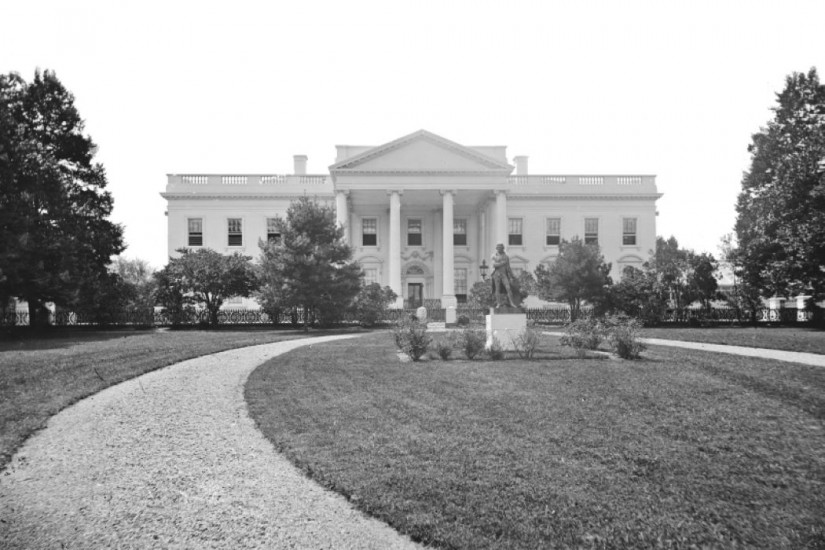Watching the Trump administration stiff-arm constitutional checks and balances left and right, and stonewalling all congressional subpoena and other oversight requests connected to the Mueller probe, this might be a good time to remind Americans that the encroaching executive tyranny we feel has been building for some time, and that it is pretty much our fault.
Although historian Arthur Schlesinger, Jr. popularized the concept of the “imperial presidency” during the presidency of Richard Nixon, the power of the executive had been expanding mightily since the Cold War presidency of Harry Truman. However, in the wake of the 9/11 attacks, presidents have further augmented their extra-constitutional power to such an extent that we might now classify the presidency as having gone rogue.
The citizenry is now faced with the consequences of having allowed, over time, the inflation of the president’s power, vis-à-vis the other governmental branches, way beyond what the Constitution’s framers had originally intended.
The Founders created a fairly independent executive and judiciary as checks on what they thought would be the dominant branch of government—the Congress. Compared to the executive, the Congress’s enumerated powers in Article I are as plentiful as the president’s Article II powers are sparse. The president was only supposed to implement the congressional will both domestically and abroad. At home, the executive was merely to execute and enforce legislatively passed laws; in foreign policy, the president could receive foreign diplomats and was to be the commander-in-chief of forces on the battlefield after Congress had initiated war.
The president also shared with Congress the legislative (a limited veto that could be overridden by Congress), appointive (appointing government officials who needed Senate confirmation), and treaty-making powers (the executive’s negotiated treaties needed a supermajority in Congress to be approved).
However, under the rogue presidency, executives claim that their “inherent power” allows them to ignore or violate congressional-passed laws during “emergencies” (as President George W. Bush did after the 9/11 attacks and President Donald Trump did to build his border wall after Congress refused funding), effectively legislating by executive order when “Congress fails to act” (as President Barack Obama did on immigration and healthcare insurance).
This “inherent power” has also justified making agreements with foreign governments, most of which are not designated as treaties (for example, Obama’s nuclear agreement with Iran), which require supermajority approval in Congress (some agreements don’t get legislative approval at all and may even be secret).
Perhaps most importantly, presidents now claim the inherent authority as commander-in-chief to take the nation into war without any congressional approval. The framers—fearing that presidents, like the European kings of their day, would use unilaterally-induced war to create tyranny at home—would roll over in their graves at the absence of legislative approval for such a vital national decision.
